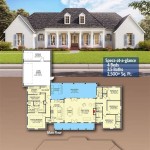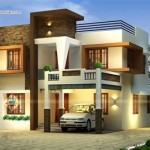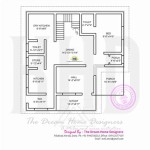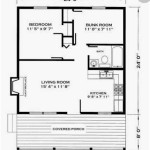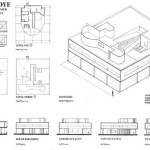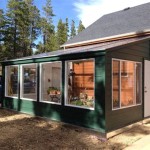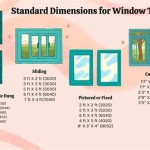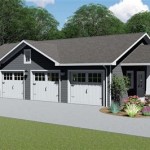Essential Aspects of Greenhouse Plans Designs
A well-designed greenhouse is a valuable asset to any gardener or agricultural operation. It allows for year-round cultivation of plants, extending the growing season and increasing productivity. To achieve an effective and efficient greenhouse, careful planning and design are crucial.
Structure and Materials
The structure of the greenhouse should provide sufficient space and support for the plants, while also ensuring proper ventilation and light transmission. Common structural materials include aluminum, steel, and wood. The choice of material depends on factors such as cost, durability, and maintenance requirements.
Location and Orientation
The location of the greenhouse is crucial to maximize sunlight exposure. South-facing sites are ideal, as they receive maximum sunlight throughout the day. The orientation of the greenhouse should also allow for proper airflow and minimize wind resistance.
Ventilation and Temperature Control
Adequate ventilation is essential to regulate temperature and humidity levels within the greenhouse. Natural ventilation can be achieved through roof vents, side vents, or louvers. For more precise temperature control, mechanical ventilation systems such as fans or exhaust systems may be necessary.
Light and Shading
Plants require sufficient light for photosynthesis. Greenhouse designs should maximize light transmission through the use of translucent roof and wall materials. Shading systems, such as curtains or screens, may be employed to control light intensity and protect plants from excessive heat.
Water Management
Proper watering is essential for plant growth. Greenhouse designs should include a comprehensive watering system that provides water at the appropriate quantity and frequency. Drip irrigation, overhead sprinklers, or raised planters with self-watering mechanisms can be used to meet the watering needs of different plant species.
Pest and Disease Management
Pest and disease management is crucial in maintaining a healthy greenhouse environment. Greenhouse designs should include features that minimize the risk of pest and disease infestations. This may include screening to prevent entry of external pests, proper ventilation to reduce humidity, and the use of pest-resistant plant varieties.
Layout and Planting Plan
The layout of the greenhouse should optimize space utilization and facilitate efficient plant cultivation. Vertical gardening techniques, such as hanging baskets or trellises, can increase plant density. The planting plan should consider factors such as plant compatibility, maturity dates, and light requirements.
Additional Considerations
In addition to the essential aspects discussed above, other factors to consider when designing a greenhouse include:
- Accessibility and ergonomics for ease of operation
- Integration of technology, such as automated watering systems or climate control sensors
- Sustainability and energy efficiency
By incorporating these essential aspects into the design process, you can create a functional and efficient greenhouse that meets the specific needs of your plants and growing operation.

How To Design And Build Your Greenhouse Plans

Free Greenhouse Plans Howtospecialist How To Build Step By Diy

12 Diy Greenhouse Plans For Gardeners On A Budget Bob Vila

8 X 12 Greenhouse Plans Version Wooden Greenhouses Build A

Free Greenhouse Plans Howtospecialist How To Build Step By Diy

Mini Greenhouse Plans Version

122 Diy Greenhouse Plans You Can Build This Weekend Free

Mini Greenhouse Plans Version Home

10 Free Greenhouse Plans Garden How To Build Projects

12 Diy Greenhouse Plans For Gardeners On A Budget Bob Vila

